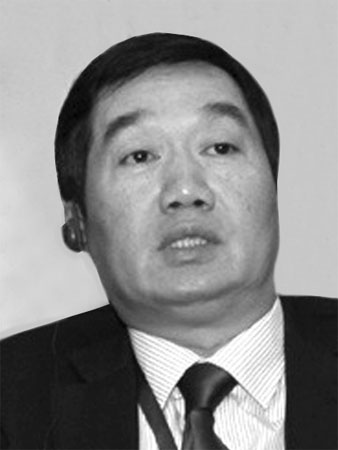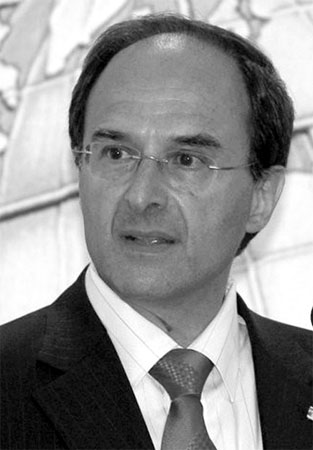US reluctant to surrender dollar's dominance
Editor's Note:
The world is still suffering the aftershocks of the financial crisis. The behavior of individual powers can endanger economic stability for everyone.
Are there new paths for more stable and sustainable global economic and financial architecture? How should global financial monetary reform proceed? What influence will the new US quantitative easing policies have on the world economy? How can the G20 better function?
Cao Wenlian (Cao), Deputy Director- General, Department of Fiscal and Financial Affairs, National Development and Reform Commission, Dennis Snower (Snower), President, Kiel Institute for the World Economy, Stefano Fantacone (Fantacone), Research Director, Centro Europa Ricerche and Xia Bin (Xia), Director, Institute of Finance, Development Research Center of the State Council, discussed these issues at the Global Governance and Sustainable Economic Development Conference in Beijing on November 10.
 |
|
Cao Wenlian |
 |
|
Dennis Snower |
Q: What should be the trajectory of global monetary system reform?
Xia: The origins of the financial crisis lie in the dollar-dominated monetary system. It is important to promote global monetary reform. The idea was put forward in the 1960s, but so far there have been no results. China said in 2008 that no currency could replace the dollar in today's world.
The biggest driving force of world monetary reform should be the US. However, the reality is that the US is playing a negative role while other countries are active promoters. As a monetary hegemony, the US is unlikely to make concessions.
Q: Robert Zoellick, head of the World Bank, made a proposal this week for a new gold standard. What's your comment on this?
Snower: I fail to see how this idea could help us to solve our current problems. Actually, there are many possible ways for countries to coordinate their balance aims. Going back to the gold standard wouldn't help. It would just introduce a whole new set of frictions and noise in the system that has little to do with efficient movements of trade.
Cao: Although the previous two meetings of G20 didn't reach a consensus on world monetary system reform, the IMF has made big progress in, for example, expanding the voting rights of developing countries.
However, it is still not enough. Strengthening the assessment and supervision on major currency reserve countries such as the US within the framework of IMF corresponds with expectations of all the developing countries.
As for a new gold standard, I don't think Zoellick simply wants to go back on a system linked to gold, but is just trying to arouse attention on how to establish a mechanism to speed up currency reserves. No serious economist believes that gold can be used as the base currency.
 0
0 







Go to Forum >>0 Comments